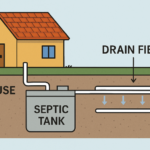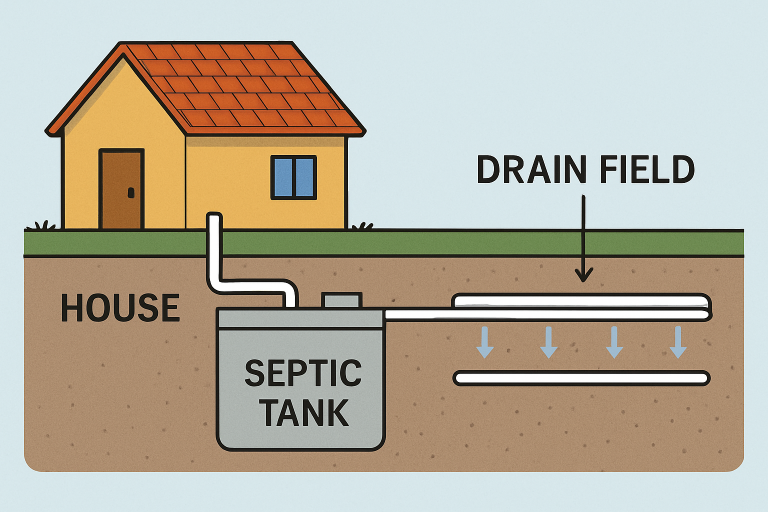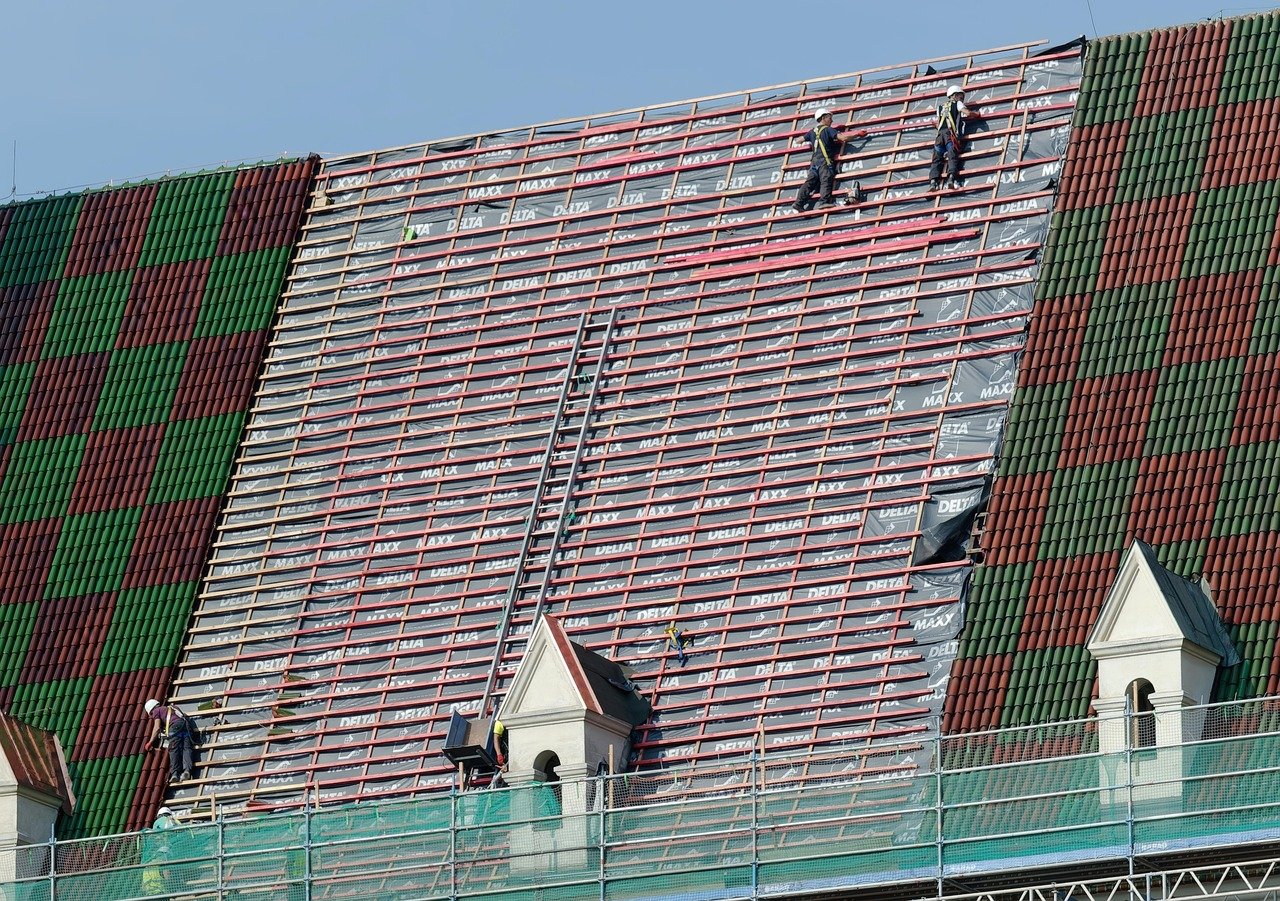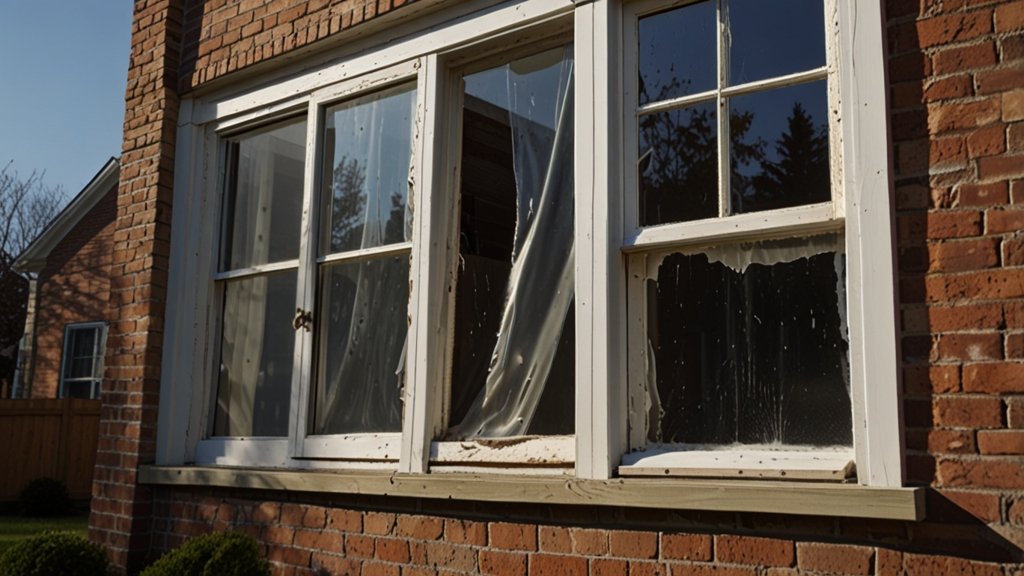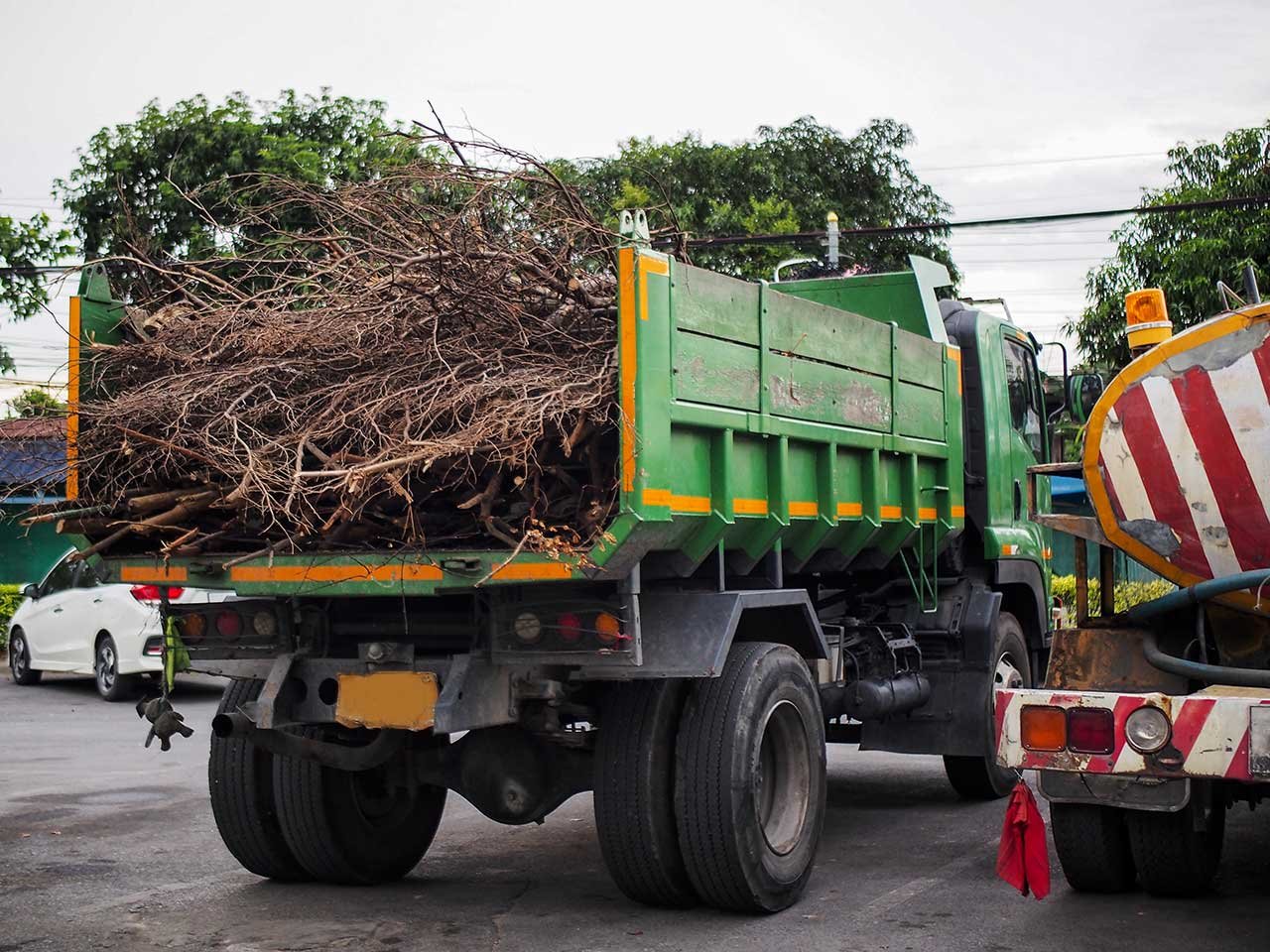The right septic system is crucial for long-term efficiency, safety, and environmental responsibility. Factors like soil type, property size, water usage, and local regulations should be considered. Consulting with professionals ensures compliance and a system that provides reliable performance, protects natural resources, and supports your property.
The Basics Of Septic Systems: What Are They?
Septic systems are crucial for homes and businesses without centralized sewers. They treat wastewater from bathrooms, kitchens, and laundry. Waste flows into a septic tank, where solids settle before moving to a drain field for soil treatment. Choosing the right system depends on understanding various designs and site needs. If you’re beginning the process, starting with expert guidance from a trusted provider, such as septic tank installation Orlando FL, can ensure you avoid common pitfalls and set up your system for long-term success.
Choosing a septic system depends on factors like water use, property size, and future plans. Consulting a local expert ensures the system meets current and future needs and complies with Florida’s regulations.
Key Factors To Consider Before Installation
Installing a septic system is a major investment that requires careful planning. Soil type affects drainage: sandy soils drain quickly, while clay can cause backups. A site assessment should consider property size, topography, water sources, and landscaping. Household size influences wastewater volume; improper sizing can lead to early failures. Water table levels and seasonal changes are crucial; high water tables may need elevated systems or advanced treatment. Conducting a percolation test or soil survey early can identify specific site needs and limitations.
Types Of Septic Systems
Conventional systems, chamber systems, drip distribution, and aerobic treatment units are all methods for managing wastewater in residential properties. Traditional systems use a septic tank to direct wastewater to a gravel or stone drain field, ideal for single-family residences with suitable soil and space. Chamber systems are a plastic alternative that is easier to install and reduces the environmental footprint. Drip distribution uses shallow tubing for challenging soil conditions, but requires pumps and regular maintenance. Aerobic treatment units use oxygen to break down waste faster, similar to municipal treatment plants, and are ideal for properties near lakes or rivers. Matching the system type to your land, budget, and household needs is crucial
The Role Of Local Regulations And Permits
Navigating state and municipal codes is essential when installing a septic system, as local agencies often require permits before excavation. Inspections may be needed at various stages to ensure the design aligns with approved plans and safety standards. Noncompliance can lead to fines or rebuilding. Stay informed with current guidelines and updates from reputable sources.
Long-Term Maintenance: Planning Ahead
A durable septic system needs regular care. Routine pumping every three to five years prevents clogs and failures. Certified inspections catch issues early. Educate household members not to dispose of grease, wipes, or chemicals that harm bacteria. Proper maintenance prolongs system life and boosts performance.
Environmental Impact: Sustainable Choices
Septic systems interact with the environment. Well-maintained systems reduce groundwater and waterway contamination. Advanced filters and innovative designs help meet standards and protect resources, especially in heavy rainfall areas or near lakes and rivers. Choosing a system suited to local conditions ensures compliance and safety.
Anticipating Future Needs
Installing a septic system only for current needs can cause issues if your household or property expands. If you plan to add rooms, a rental unit, or a pool, choose a system that can be upgraded or is scaled for future growth. Consulting professionals early helps adapt the design for anticipated changes, reducing disruptions and future costs. A forward-thinking approach makes your septic system more cost-effective and reliable over time.
Common Mistakes And How To Avoid Them
Neglecting soil testing, overlooking local permit requirements, and not planning maintenance can lead to system failures, regulatory issues, and costly repairs. Undersized systems can overwhelm property growth, impacting performance and longevity. Environmental factors should be considered, as groundwater contamination and local environmental laws may be violated. Proper site analysis, trusted installers, and legal and ecological benchmarks can help mitigate these issues and ensure uninterrupted wastewater management for years.
READ ALSO: Home Maintenance: Keeping Your House Safe and Comfortable



